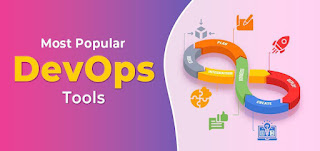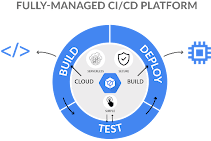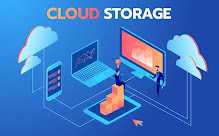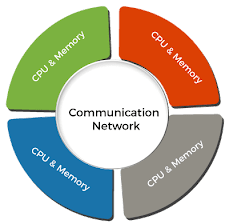GCP DevOps? An Introduction to Various DevOps Tools

Introduction: In the dynamic landscape of cloud computing, GCP DevOps stands out as a robust ecosystem that facilitates efficient DevOps practices. DevOps, a combination of development and operations, relies heavily on automation, collaboration, and continuous integration/continuous delivery (CI/CD) principles to streamline software development processes. In this article, we'll delve into the various DevOps tools available within GCP, highlighting their functionalities and benefits. - GCP DevOps Online Training Google Cloud Build: · With Cloud Build, developers can automate the entire build process, from source code to deployment, using Docker containers or native build environments. Integration with other GCP services such as Cloud Source Repositories and Artifact Registry makes it a seamless solution for CI/CD pipelines. Google Kubernetes Engine · GKE is Google's managed Kubernetes service,...

.jpg)
.jpg)





